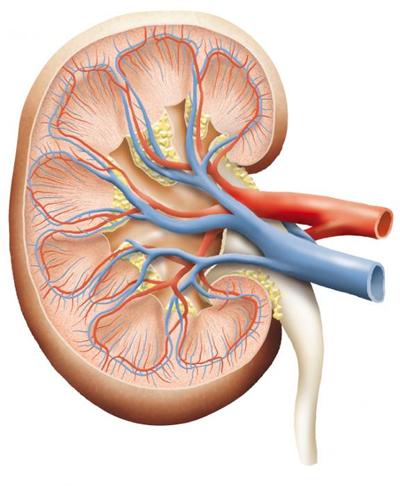Chronic Kidney Disease (CKD) is a general term used by healthcare professionals when the kidneys are not working as well as they should. The word "chronic" means long-term, rather than serious.
CKD is very common, and affects as many as one in eight adults in the UK. It is particularly common in older people and in those with diabetes and high blood pressure.
Many people are not aware that they have CKD, unless their doctors mention it, as there are often no symptoms, especially in the early stages.
Most people with CKD can be treated by their GP and never need to go to hospital or see a kidney specialist.
CKD is important because it is linked to a much higher chance of heart attacks and strokes. It is this risk that the ATTACK trial is addressing. Please see "About ATTACK" for more information.
